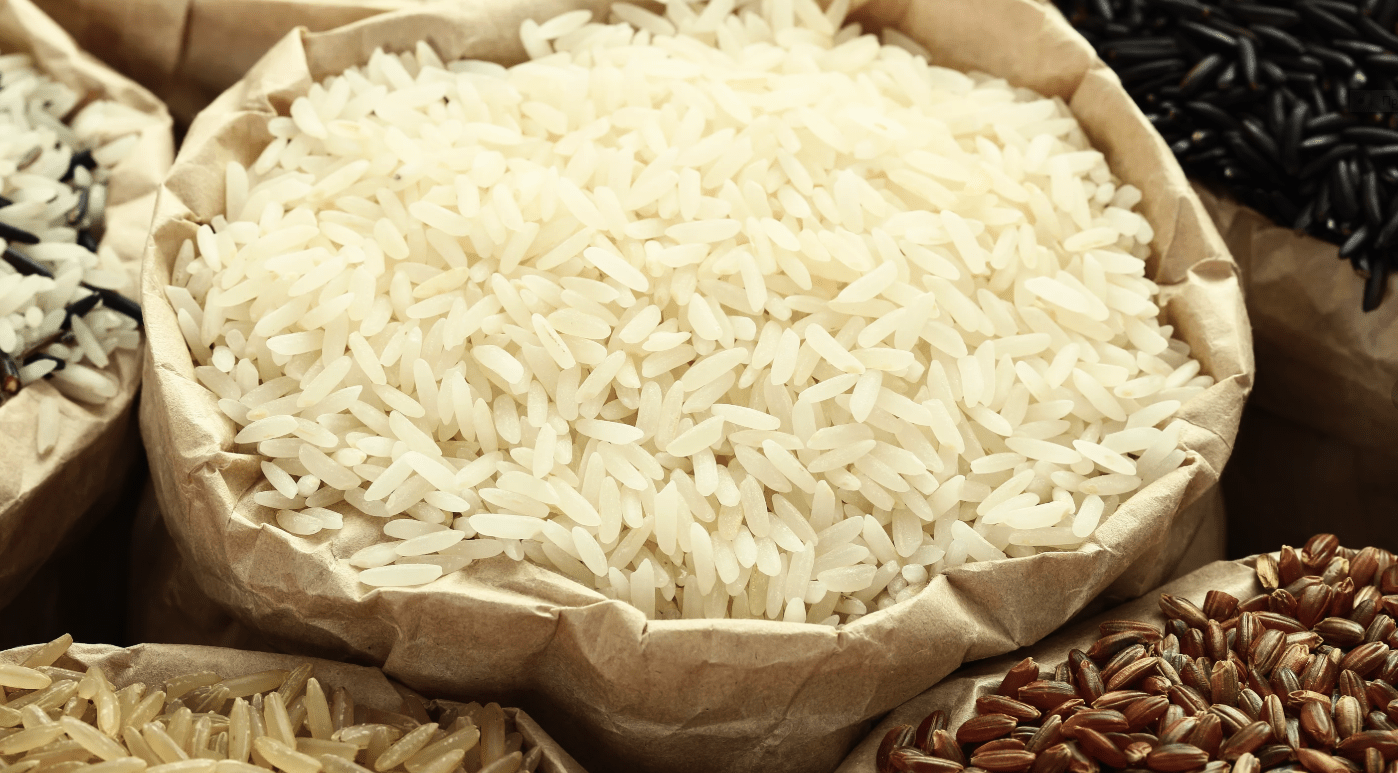Tags
Egypt stops rice distribution on free ration cards amid public anger
Rice is Egypt’s second favourite source of carbohydrates, with many relying on it amid rising prices of fresh vegetables, fruits and animal protein.

Rice is the second favourite source of carbohydrates for Egyptians after bread. [Getty]
Egypt’s government has suspended the distribution of milled cooking rice on ration cards amid an economic crisis that continues to take a heavy toll on the North African country’s low and average-income households.
“There will be no free rice provided via ration cards, not because there is a deficiency, but because the 50 pounds [about $US 1.60] offered in free rations can hardly cover for cooking oil and sugar,” Minister of Supply and Internal Trade Ali el-Moselhi told reporters in Cairo earlier this week.
Rice is Egypt’s second favourite source of carbohydrates, especially for poor and average-income households, after bread. Many Egyptians heavily depend on rice, especially amid rising prices of fresh vegetables, fruits and animal protein.
“We eat rice to sometimes besides bread just to feel full. It’s true that free rations were not enough, but we depended on them to sustain part of the monthly needs of our families,” a civil servant told The New Arab.
An earlier attempt by the government to control the price of rice, which led manufacturers to halt supplies to the local market, resulted in a dramatic scarcity crisis that lasted for weeks.
The rice crisis was only resolved when lower quality manufacturers injected large amounts of rice into the market for higher prices than those earlier rejected by the government.
The trademark and quality define the price of a kilogram of rice. An average kilogram of rice is worth 30 Egyptian pounds ($ US1) at the time of publishing.
“Prices of basic commodities in Egypt surge almost on a monthly basis, mostly in connection to the price of the US dollar in the parallel, informal market that importers resort to, have been taking a toll on ordinary Egyptians whose income is stuck with a devalued currency,” an economic researcher who asked to remain anonymous told The New Arab.
In October, the Central Bank of Egypt imposed exchange rate flexibility, allowing the value of the Egyptian pound to be regulated by market forces. The change aimed to save Egypt’s already ailing economy after securing a $3 billion loan from the International Monetary Fund (IMF).
Egypt’s external debt soared by 5.1 per cent during the fourth quarter of 2022, reaching $162.94 billion.
https://www.newarab.com/news/egypt-ends-rice-distribution-free-ration-cardsPublished Date: September 2, 2023







